Small Wins, Big Impact in Social Skills - PART 2
In Part 1, we talked about how small wins in emotional regulation often come before big transformations. Naming those wins clearly can shape your child’s growth.
➡️🔗www.NorikoAbenojar.com/Newsletters to view all past newsletters
➡️🔗www.NorikoAbenojar.com/Masterclass ~ check them out!!
➡️Keep reading even more for: NORIKO’S NOTES: sharing my life’s simple joys 💜
Today, let’s apply this to peer situations.
We will practice breaking things down into mini-steps again
1) to make it achievable and celebrate as many wins as possible
2) to highlight the exact skill we want the kids to be working on
⚽ Real-Life Scenario:
Your child is playing soccer during recess.
A goal is scored. Now the kids are arguing whether it counted.
Your child starts to get really mad.
In the past:
He shoved someone and yelled in their face.
This time:
He was yelling some colorful words very loudly, while walking to get a snack from his lunchbox. .
Was this time perfect? No.
Was it progress? Absolutely.
💡Let’s break this down into steps:
- 🟢He stopped
- 🟢He turned around
- 🟢He started to walk away from the opponents
- 🔴He was yelling/swearing while walking
- 🟢He grabbed the snack to take a break
🟢4 out of the 5 steps = WIN
🔴1 out of the 5 steps = Still needs work
Here’s where the reframe comes in:
Your energy is like currency💰 .
If you wouldn’t pay💰 your child for swearing, don’t give that moment all your energy.
Instead, invest your attention, words, and tone into the moments that showed growth:
“You stopped yourself.”
“You walked away from a fight.”
“That took a lot of control, and I noticed it.”
That clarity—like a laser pointer—helps your child know:
🟢 This is what’s working. Do more of this.
🔴 This part wasn’t okay—but it didn’t cancel out everything that went right.
When they know you see the progress, they’re more likely to keep building on it.
Dividing this moment into 5 steps highlights the exact moment that needs more work which can feel manageable and attainable to the child, rather than feeling discouraged because being able to do it all right feels hard.
🎲 Other Scenarios:
You adult child says 'no' to something new—like joining a game at a family party—that might look like them being too rigid or unreasonable. But let's look closer:
🟢They told you with words what they didn’t want to do
🟢They didn’t storm off or disengage
🟢They stayed near the group
Each of those moments is a building block for trust, self-awareness, and future participation.
💡Respond with:
“Thanks for telling me.”
“Thanks for staying.”
“I can see you're trying to stay connected, even when it’s hard.”
This approach opens the door for gentle follow-up questions and more success next time.
When you celebrate what’s working, even if it’s small, you’re strengthening the trusting foundation. If you know me, you know this is the CORE of everything!! You are still pointing out the area that needs improvement, but it is coming from a strength-based perspective that prioritizes the trusting relationship.
I am super excited to share that I have received great feedback about my free video on this topic from multiple parents🎉. One common theme I am hearing...parents are feeling less anxious; the framework gave them a sense of calm and order about their child's social skills development by serving as a guide to know what parts to prioritize first. It helped them cut through the noise and stress. I LOVE that just 25 minutes of information can provide this type of support!
If you haven't watched it yet, you can get it below. Be sure to go to the end and click 'complete' so you can get your completion certificate sent to you. Grown-ups like being acknowledged too💞.
NORIKO'S NOTES: sharing my life's simple joys💜
Oops!! This one got unexpectedly long...
When I was very young, I grew up in a relatively traditional Japanese family household. Traditional in a sense that my dad worked for a Japanese company and I had no idea what he did there. I just knew he worked long hours and had to play golf with 'customers/colleagues' on Saturdays. This was very much the culture back then. My sister who is 6 years older thought that our dad was actually a professional golfer because she grew up hearing that "Papa has to play golf on Saturday for work"🙃 My mom was mostly a stay at home mom. She did eventually start teaching quilting to neighborhood wives and had tiny classes in our home. I remember feeling really excited to see the women come to our house, mostly because I was nosy and wanted to see who was coming. It wasn't until this one student said to me something like "isn't it great that your mom knows and can teach other people how to make these things!". That was the first time I saw my mom as anything else than, just my mom. That moment stuck with me. Fast-forward to 2010:
I had two main goals in opening up my center:
1) I want to help kids and families
2) I want my daughter to see me make a positive impact in this world. As you know, I have a son too, but this was extra important for me.
I kept this close to my heart.
In August 2010, I am new at running my own center after some restructuring took place. I am really excited. I am feeling very proud of myself for getting it going.
Then, I asked my 4 year old daughter, my long awaited, highly anticipated, super loaded question..."Hey Emma, what do you want to be when you grow up??", while showing her my independent, girlboss self. I waited with so much excitement for this tiny person to respond...drum roll and fanfare going off inside my brain...she said "I want to be a toothfairy"😹 ~ I just about fell to the floor laughing at myself because, she's 4, good for her for wanting to be a toothfairy!! To her, I was just mom and that was enough. I realized I have the rest of my life to show myself, what I am capable of doing to impact this world.
At almost 19, she wants to be a pediatric physical therapist and let's me take silly pictures with her. Phew! LOL
Thank you for letting me share my simple joy💜 .
Gratefully yours,
Noriko
Please Help Spread the Word!
The more awareness we bring to the importance of social skills development, the more schools and workplaces will recognize the importance of inclusivity and the need for meaningful social support.
Please share this link: Parenting REdefined Newsletter (www.NorikoAbenojar.com/subscribe) to friends, families, teachers, or other professionals - encourage them to subscribe so that they don't miss announcements and new newsletters.
ONLINE MASTERCLASSES NOW OPEN:
Have you watched my free class yet? Don't wait...watch now⬇️
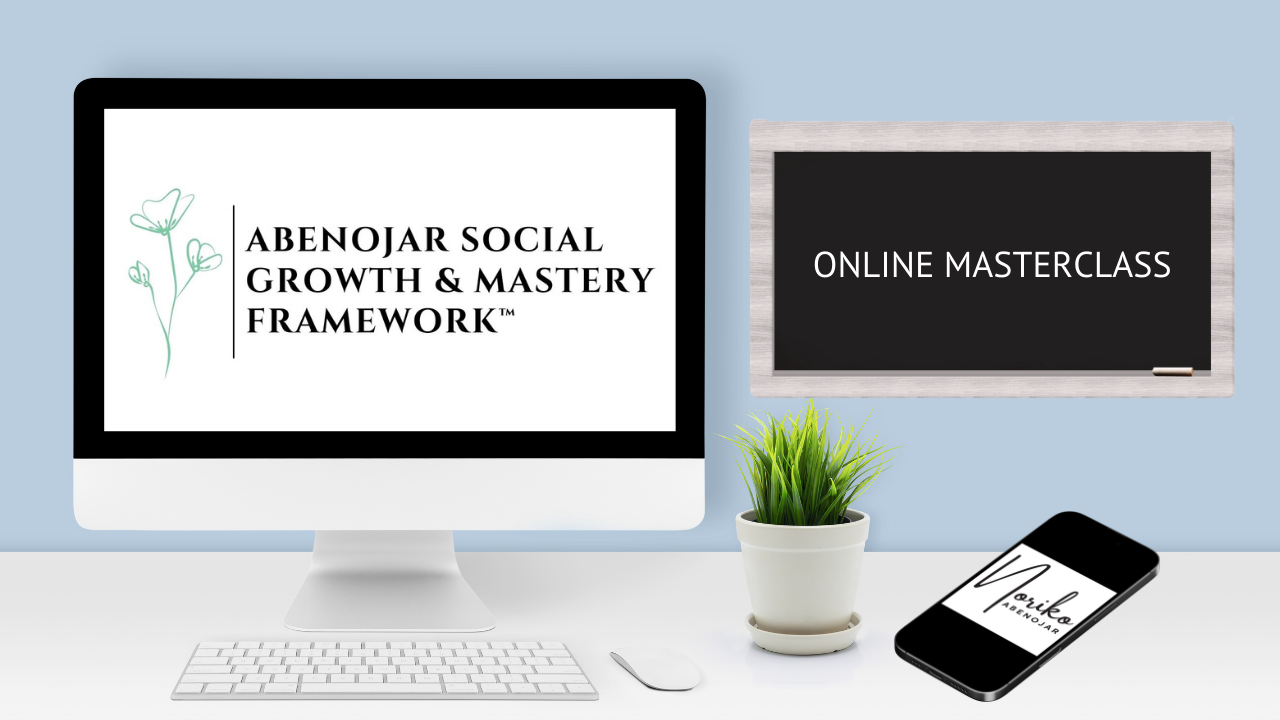
CLICK HERE: WATCH FOR FREE & GET WORKBOOK
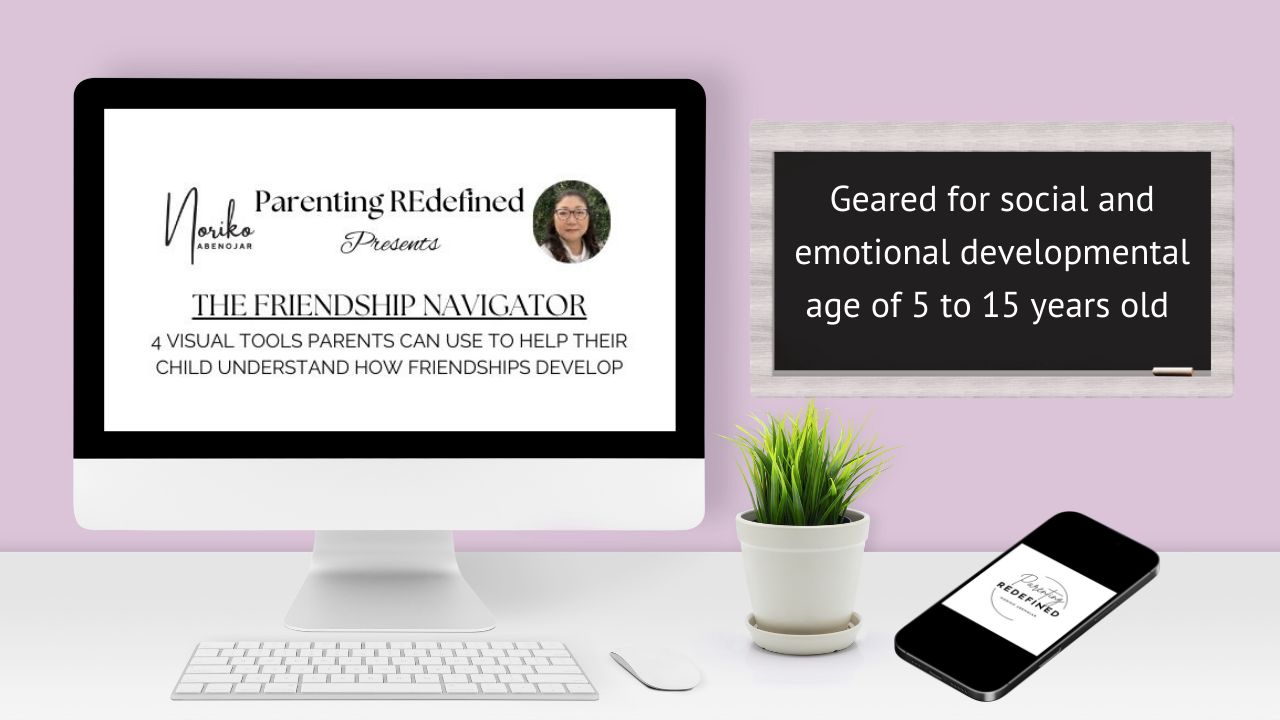
CLICK HERE: LEARN ABOUT FRIENDSHIP NAVIGATOR
Noriko Abenojar, MSW PPS
Parenting REdefined
www.NorikoAbenojar.com
www.SocialAndCognitiveLearningCenter.com
Instagram: @NorikoAbenojar
Facebook: Parenting REdefined by Noriko Abenojar MSW PPS
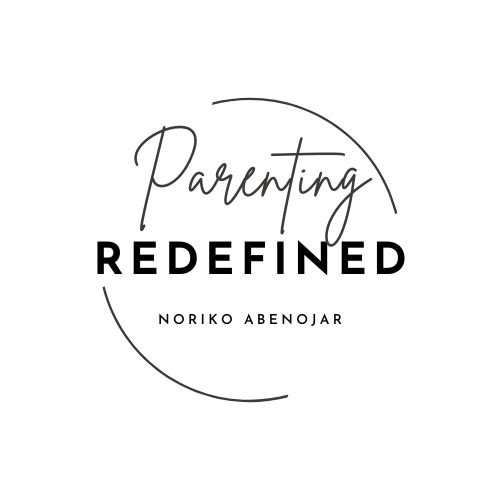
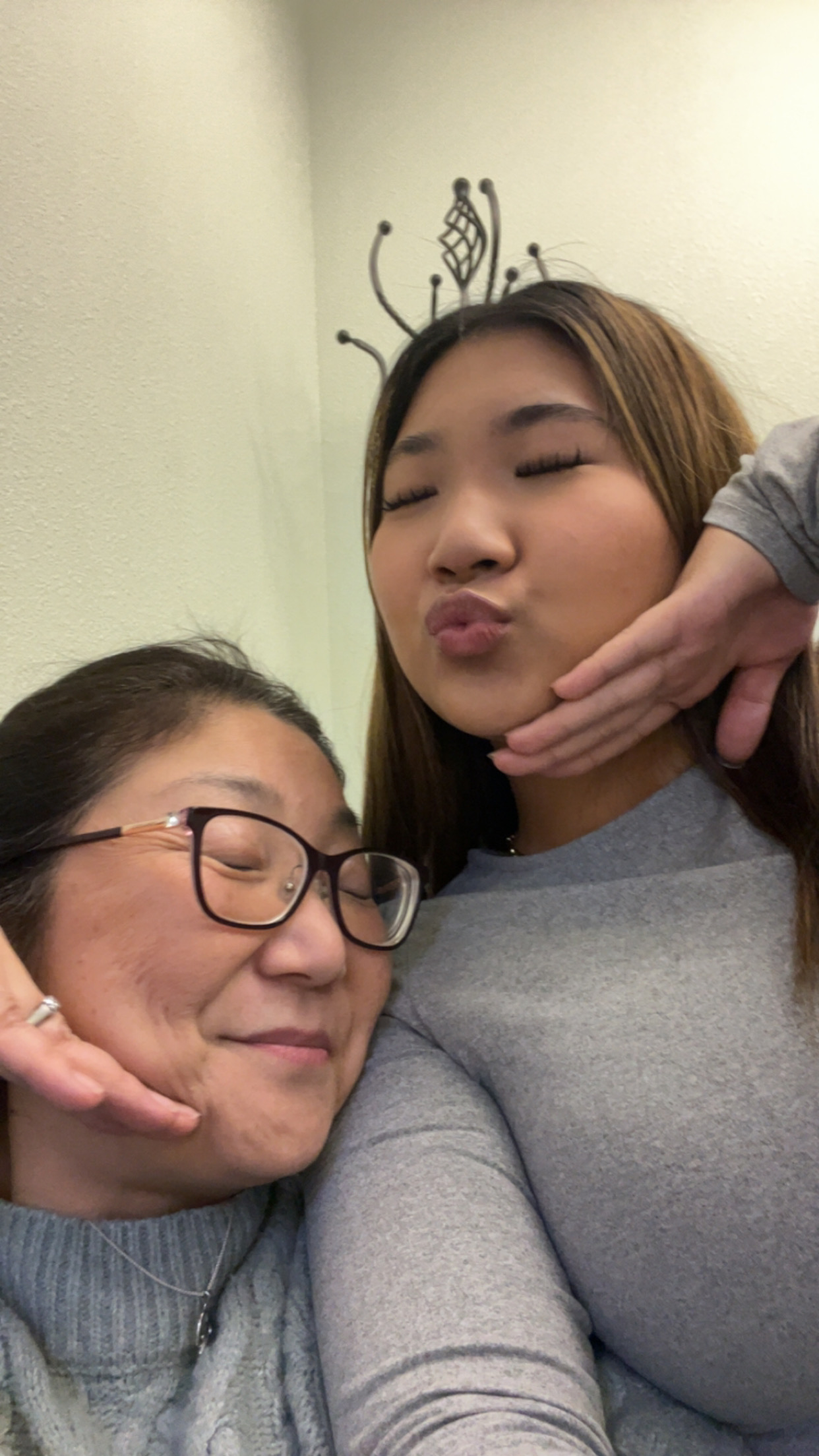
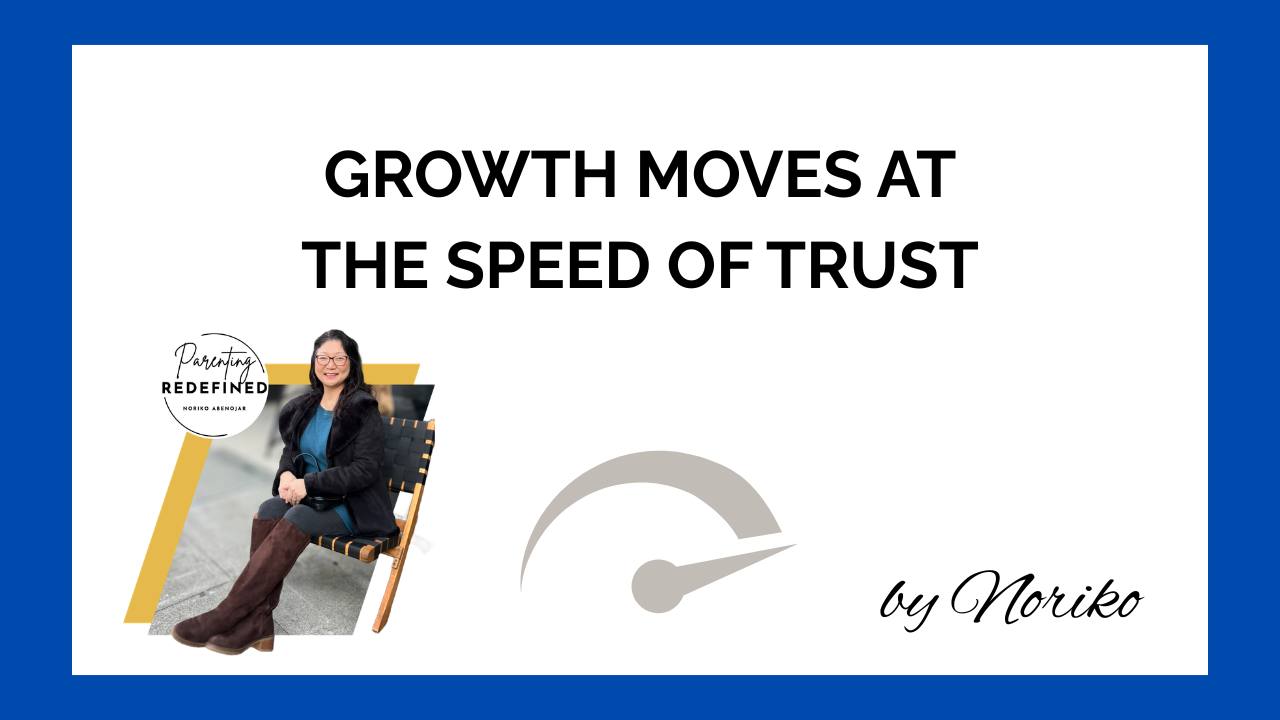
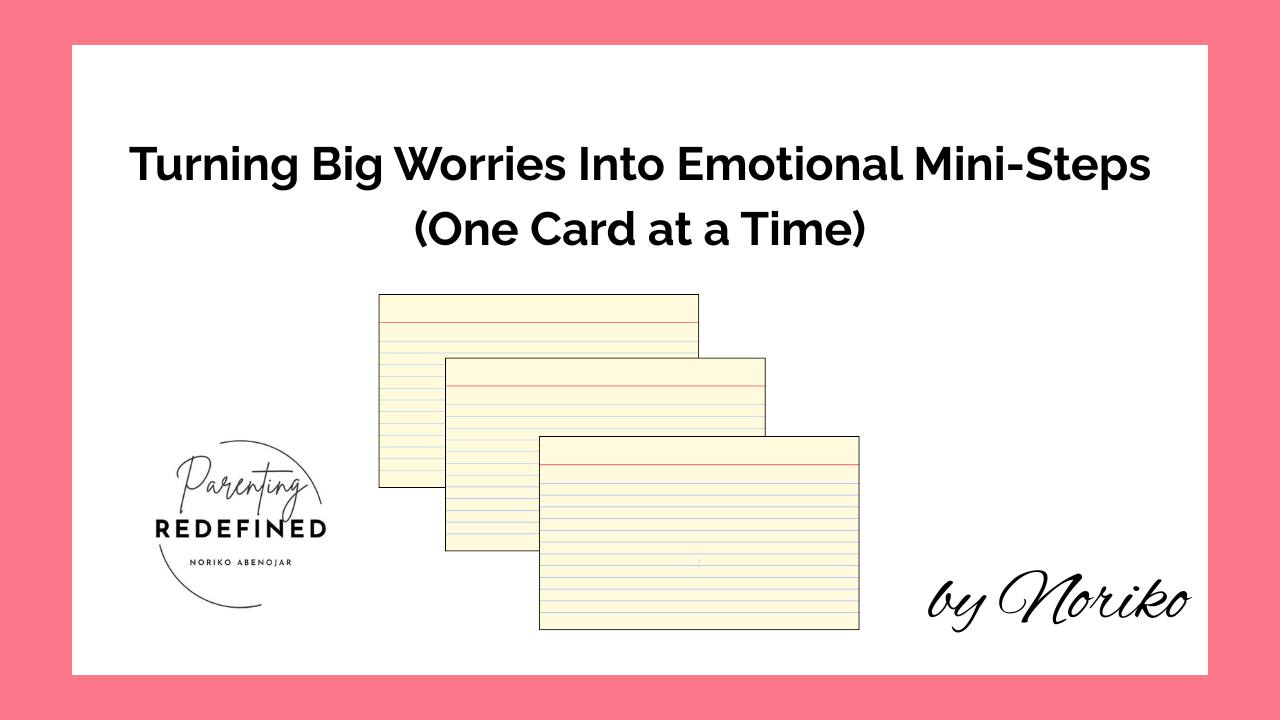
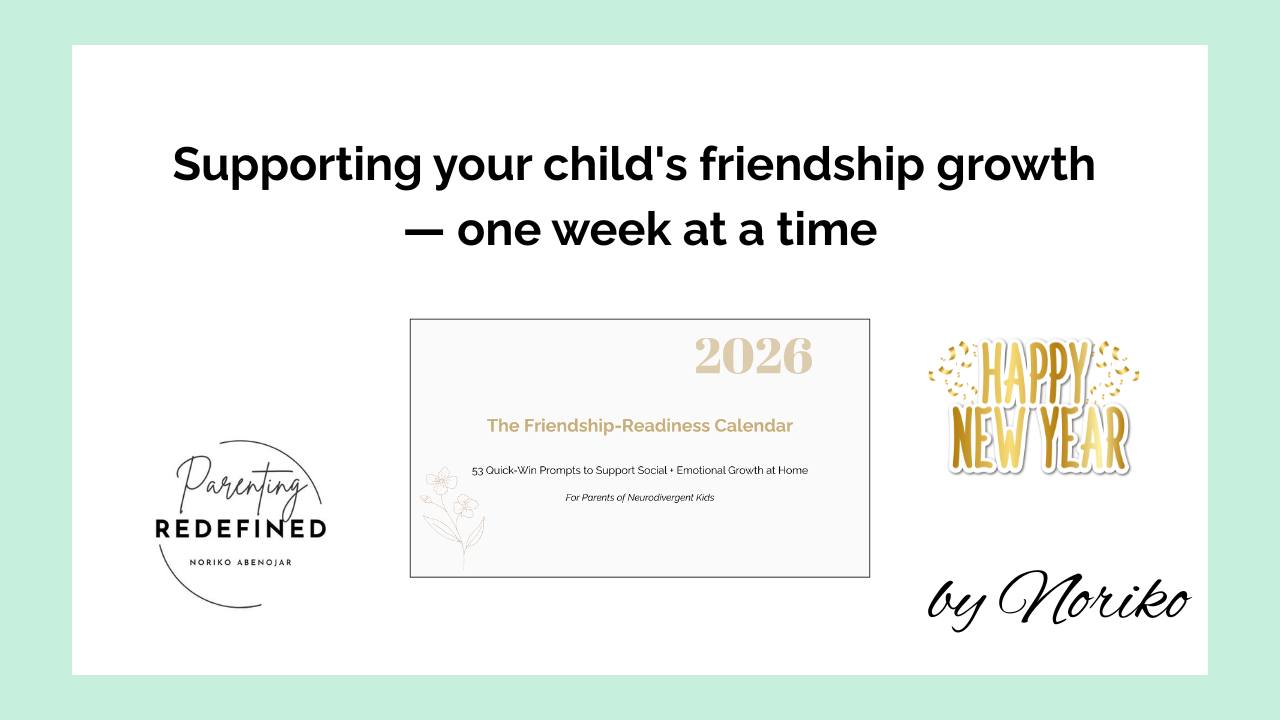
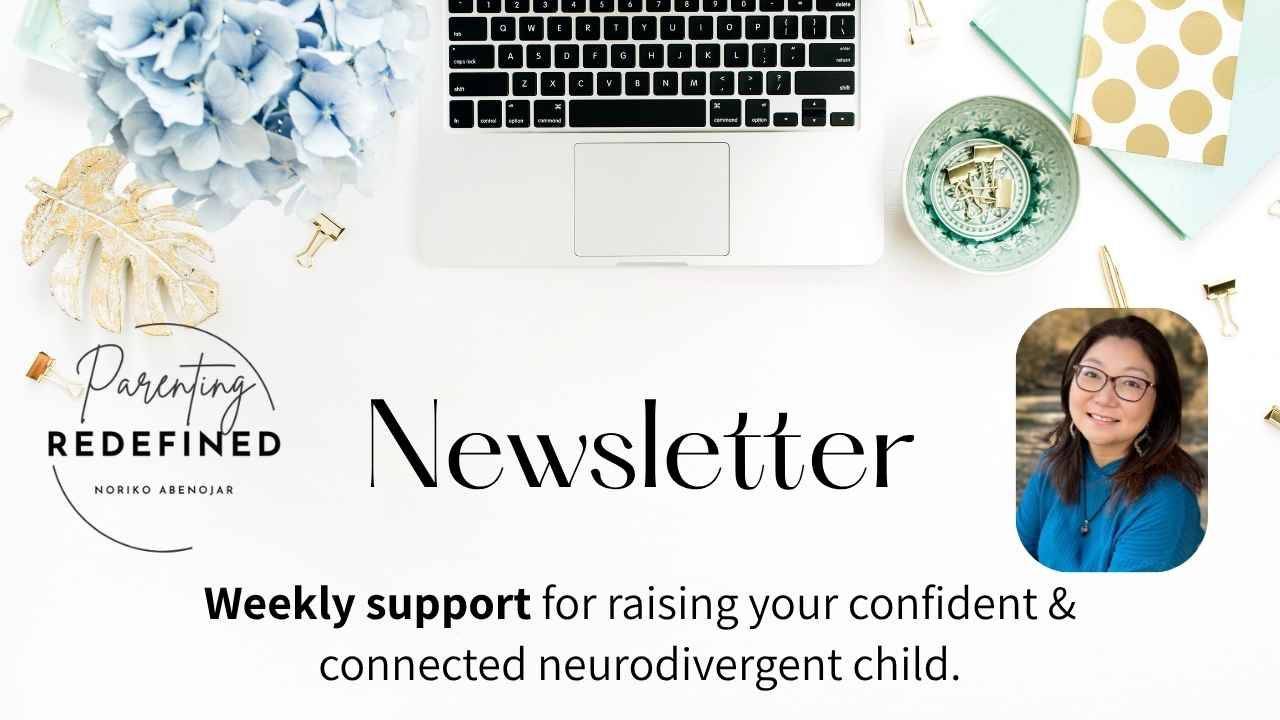

Responses